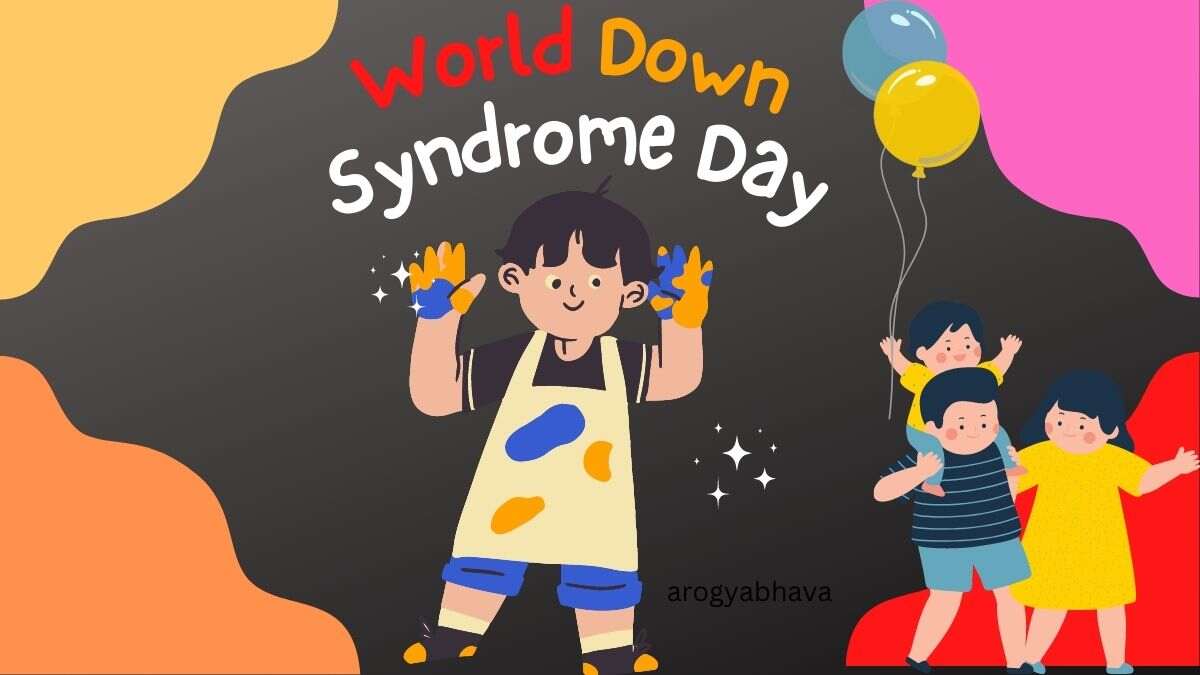World Down Syndrome Day: History and Facts

World Down Syndrome Day is on March 21 of every year. Every year, there is a global effort to raise awareness about Down syndrome. The Day is a worldwide campaign to raise public awareness of genetic diseases. An extra chromosome is in individuals with Down syndrome.
History of Down Syndrome Day
In 2006, the foremost World Down Syndrome Day was celebrated. Then, the Brazilian Federation of Down Syndrome Associations united with Down Syndrome International and its members to undertake a significant international fundraising effort. The General Assembly unanimously approved a resolution in November 2011 to observe World Down Syndrome Day annually. The following month, March 21, was designated World Down Syndrome Day.
What Causes Down Syndrome?
Down syndrome is frequently not inherited. Down Syndrome is an error in cell division during the early development of the fetus. Down syndrome may be passed from a parent to a child. Approximately 3–4% of children with Down syndrome have translocation, and some of them got it from one of their parents.
The mother or father does not have any extra genetic material when balanced translocations are inherited, but they have some altered genetic material from chromosome 21 on another chromosome. It suggests that even if a person is devoid of any Down syndrome signs or symptoms, they may still be able to pass on an imbalanced translocation to their children, who would then experience the disorder.
Possible Health Issues with Down Syndrome?
Some kids with Down syndrome don’t have any severe medical conditions. However, some people might need additional care because of their medical conditions. Many go to clinics specializing in caring for people with Down syndrome. If there isn’t a Down syndrome clinic in your neighbourhood, your child’s primary care doctor can assist in setting up care.
Of all newborns with Down syndrome, congenital cardiac defects affect nearly half of them. Therefore, all infants with Down syndrome have their hearts examined by a specialist using a particular ultrasound machine.
The majority of children also struggle with their hearing and vision. Hearing loss may be brought on by fluid accumulation in the inner ear or by anatomical issues with the ear. Common vision issues include:
- Cataracts
- Nearsightedness or farsightedness
- Strabismus
Language and learning can impact vision and hearing issues. Regular examinations by otolaryngologists, audiologists, and ophthalmologists can identify and treat any issues.
Depending on their circumstances, children might need to see other medical professionals. Down syndrome patients are more likely to experience the following medical issues:
- Thyroid issues
- Breathing problems, like sleep apnea and asthma
- Stomach and intestinal problems, such as celiac disease, reflux, and constipation
- Infections, such as ear infections and pneumonia
- Pediatric leukaemia
If they experience symptoms like neck pain, changes in their walking, or unexpected loss of bladder or bowel control, people with Down syndrome should have their upper spine (neck) evaluated by a doctor once a year or sooner. Before participating in some activities or receiving anaesthesia, confident kids may require a neck X-ray.
Read Also: Down Syndrome: Symptoms, Risk Factors and Complications